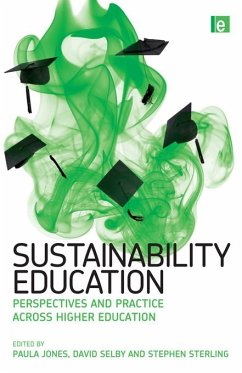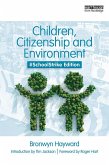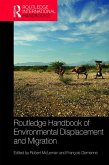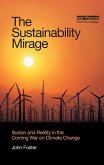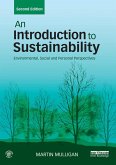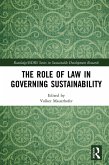How do we equip learners with the values, knowledge, skills, and motivation to help achieve economic, social and ecological well-being? How can universities make a major contribution towards a more sustainable future? Amid rising expectations on HE from professional associations, funders, policy makers, and undergraduates, and increasing interest amongst academics and senior management, a growing number of higher education institutions are taking the lead in embracing sustainability. This response does not only include greening the campus but also transforming curricula and teaching and learning. This book explains why this is necessary and - crucially - how to do it. Bringing together the experience of the HEFCE funded Centre for Sustainable Futures (CSF) at the University of Plymouth and the Higher Education Academy's Education for Sustainable Development Project, the book distills out the curriculum contributions of a wide range of disciplinary areas to sustainability. The first part of the book provides background on the current status of sustainability within higher education, including chapters discussing interdisciplinarity, international perspectives and pedagogy. The second part features 13 chapter case studies from teachers and lecturers in diverse disciplines, describing what has worked, how and why - and what hasn't. Whilst the book is organised by traditional disciplines, the authors and editors emphasise transferable lessons and interdisciplinarity so that readers can learn from examples outside their own area to embed sustainability within their own curricula and teaching. Subject areas covered include: geography, environmental and Earth Sciences, nursing/health, law, dance, drama, music, engineering, media and cultural studies, art and design, theology, social work, economics, languages, education, business and built environment.
Dieser Download kann aus rechtlichen Gründen nur mit Rechnungsadresse in A, B, BG, CY, CZ, D, DK, EW, E, FIN, F, GR, HR, H, IRL, I, LT, L, LR, M, NL, PL, P, R, S, SLO, SK ausgeliefert werden.

